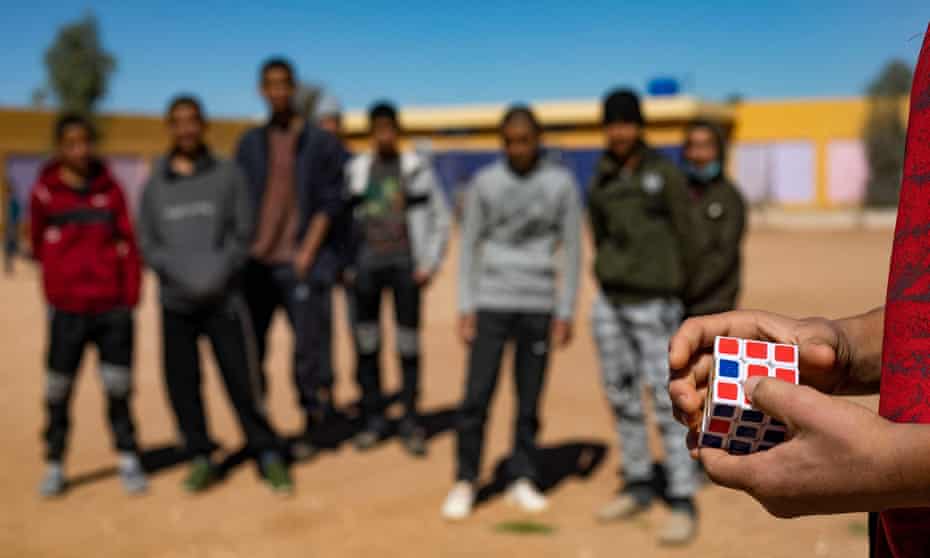Kenneth Mohammed: The Guardian – Back to home
The Guardian
Leaving people in the locked camps, say the experts, carries greater risks – including escape and vulnerability to IS recruitment – than bringing them home. HRW has criticised the Trinidad and Tobago government for turning its back on its citizens, who in many cases are being held in degrading and inhumane conditions while having no opportunity to challenge the legality of their detention.
At least 36 countries have allowed more than 6,600 of their nationals to come home, including women and children. Few have brought back any men, but children have successfully reintegrated in their home countries. The US, which has taken 39 people back for rehabilitation, has helped several countries extract their nationals and publicly stated its willingness to assist others, including Trinidad and Tobago. Since October 2022, 10 countries have brought additional nationals home, including Australia, Barbados, France, the Netherlands and Russia.
A detention camp for women and children in Kurdish-controlled northern Syria.
British women and children detained in Syria failed by UK government, inquiry finds
Read more
One country, the UK, decided to strip one of its nationals of her citizenship, leaving her in stateless limbo. Revoking citizenship is an extreme measure, the repercussions of which remain ambiguous and prompt wider questions about the limits of a state’s powers over its citizens’ birthright.
Now in 2023, the Trinidad and Tobago government continues to drag its feet while children are dying. This does not seem to be a big concern for the ruling administration as they preside over a country with the highest crime rate and the highest perception of public sector and political corruption in the Caribbean islands, and continue to mismanage their resource wealth while facing a rising tide of public discontent.



















